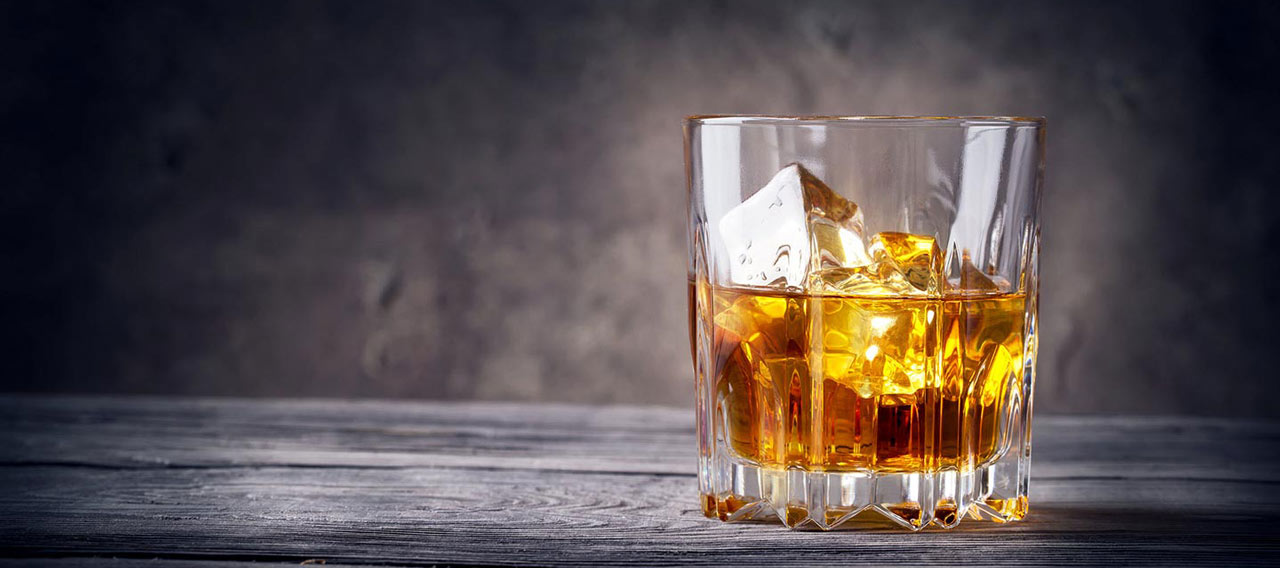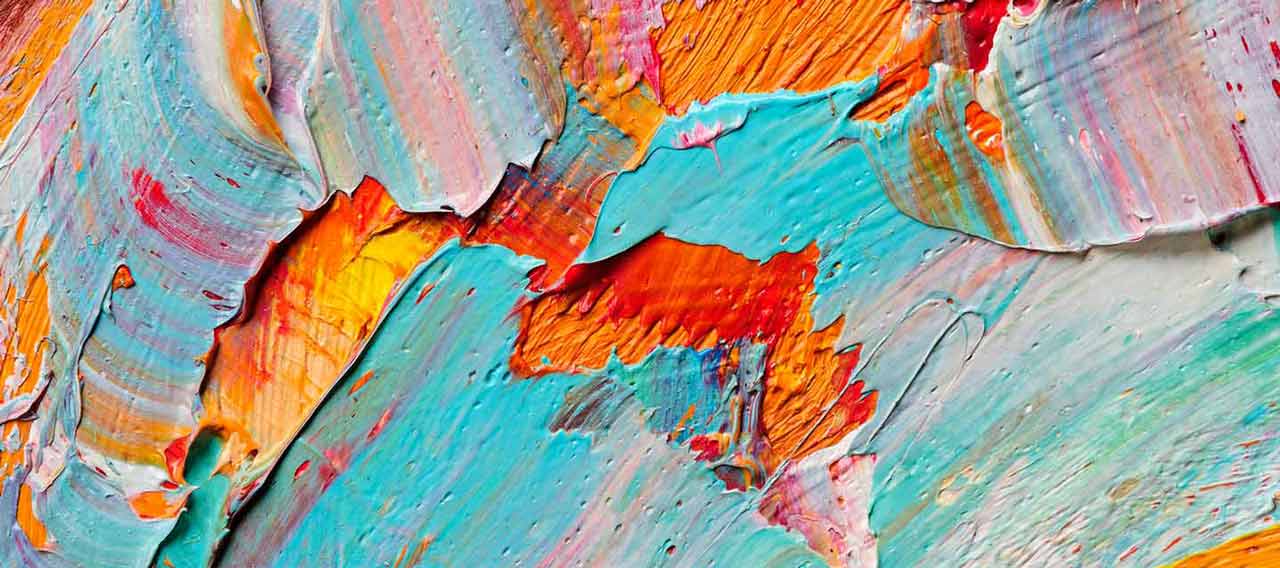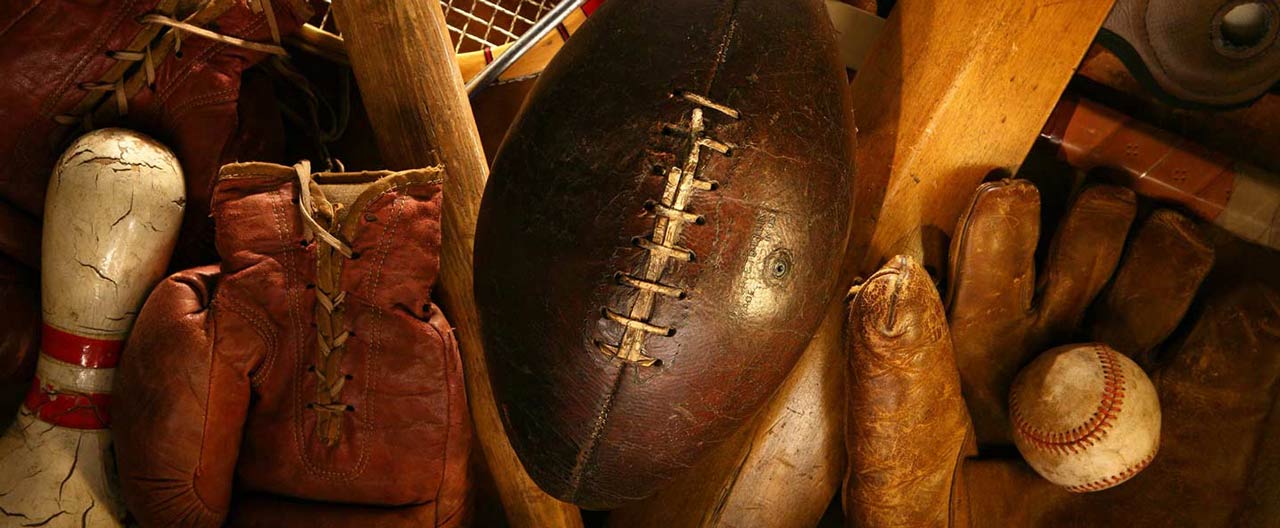Whether you’re looking to purchase your first autographed football jersey or have a stash of old baseball cards in the attic that you’d like to add to, there are a few things you may want to consider when shopping for your newest sports memorabilia item.
Decide what you want to collect
Sports memorabilia can include photos, trading cards, jerseys, helmets, balls, bats, and other sports equipment that is directly associated with an athlete, team, sporting event, or sporting venue. These items can be autographed or not. Instead of trying to collect everything you can get your hands on, you may want to focus your efforts on one particular sport, team, athlete or type of item.
Figure out your price range
Determine a budget for yourself, keeping in mind that you’ll need frames or display cases as well as the items themselves. Having a budget will help you narrow your search; after all, there’s no need to look at signed Mickey Mantle gear if you’re working with limited funds.
Do your research
Before making any purchases, research the items you’re considering buying. Look at auction records, hobby publications, and collecting forums on the internet for information about the item, how much it typically costs, and how to spot fraud. Check out the Beckett’s Price Guide and compare their prices to other industry pricing guides to get a price range for the piece you want.
Join a sports memorabilia forum, or sports blog dedicated to collecting
If you’re new to collecting sports memorabilia, you may want to join a forum or blog dedicated to collecting these types of items. That’s a good way to gather insights, connect with other collectors, and talk to people who share your passion and can help you build a collection of your own, the right way.

Find reputable dealers
One of the most important things you’ll need is a reputable dealer you can trust. Serious collectors can help you find the most trustworthy dealers who sell authentic sports memorabilia. You may be able to find treasures at yard sales, flea markets, or antique stores, but make sure you know what you’re buying before you buy. Make sure the dealer you buy from has a money-back guarantee or the items are certified by independent, respected authorities like Professional Sports Authenticators (PSA/DNA) or James Spence Authentication (JSA).
Be patient
Not every piece you want for your collection will be available right now, so have some patience and be willing to wait a few months (or even years) for the right item to surface. Most collectors will tell you there are no short cuts to putting together a collection you love and that’s worth substantial money.
Make sure you love it, because it might not appreciate in value
Not every piece of sports memorabilia will go up in value over time. Many collectors buy items simply for the love of having those special pieces in their possession. Even if you are collecting as an investment, make sure you’re buying pieces that you have a passion for or a connection to – in case they don’t end up being worth more than you paid for them.
Know how to avoid fraud
With an estimated value of the sports memorabilia market at more than $15 billion per year, there have been numerous fraud cases involving sports memorabilia over the past few years. To protect yourself from fraud, learn about the habits of the specific athletes you’re interested in. Many athletes will sign contracts with memorabilia retailers, to autograph products that can be sold only through that company. They often charge for their signature, so if you can find out how much they charge, you’ll have a better idea of what is authentic and what’s not. For example, if your sports hero charges $250 to sign a helmet, and you see a signed helmet for $200, you know it’s a fake.

Have your collection graded and appraised
Keep an inventory of all of your sports memorabilia, including pertinent details such as name, manufacturer, condition, year made, dealer, and value. That will allow you to more easily get the collection appraised for insurance purposes. And it will allow you to see more clearly what you have and what you might need to fill in the gaps in your collection. Also, make sure each piece is reviewed by a reputable authentication service.
Protect your collectibles
To make sure your sports memorabilia stays in good condition, protect it by placing each piece in a quality display case or frame. Acrylic cases are popular because they are cheaper than glass, less likely to break, and offer the added benefit of UV protection. If you are framing a piece, use a professional framer who specializes in sports collectibles and uses acid-free materials. Keep your items away from direct sunlight and fluorescent lighting so they don’t fade, and maintain constant temperature and humidity levels.
Insure them
To protect your collectibles from damage, theft, or loss, consider purchasing a valuable articles insurance policy from a company that understands your passion and provides “all-risk” coverage. Look for a policy that provides worldwide coverage so your items are protected at your home, in transit, and while in storage. Some policies will also provide a limit of automatic coverage for newly acquired memorabilia.
Insights and expertise








This document is advisory in nature and is offered as a resource to be used together with your professional insurance advisors in maintaining a loss prevention program. It is an overview only, and is not intended as a substitute for consultation with your insurance broker, or for legal, engineering or other professional advice.
Chubb is the marketing name used to refer to subsidiaries of Chubb Limited providing insurance and related services. For a list of these subsidiaries, please visit our website at www.chubb.com. Insurance provided by ACE American Insurance Company and its U.S. based Chubb underwriting company affiliates. All products may not be available in all states. This communication contains product summaries only. Coverage is subject to the language of the policies as actually issued. Surplus lines insurance sold only through licensed surplus lines producers. Chubb, 202 Hall's Mill Road, Whitehouse Station, NJ 08889-1600.










